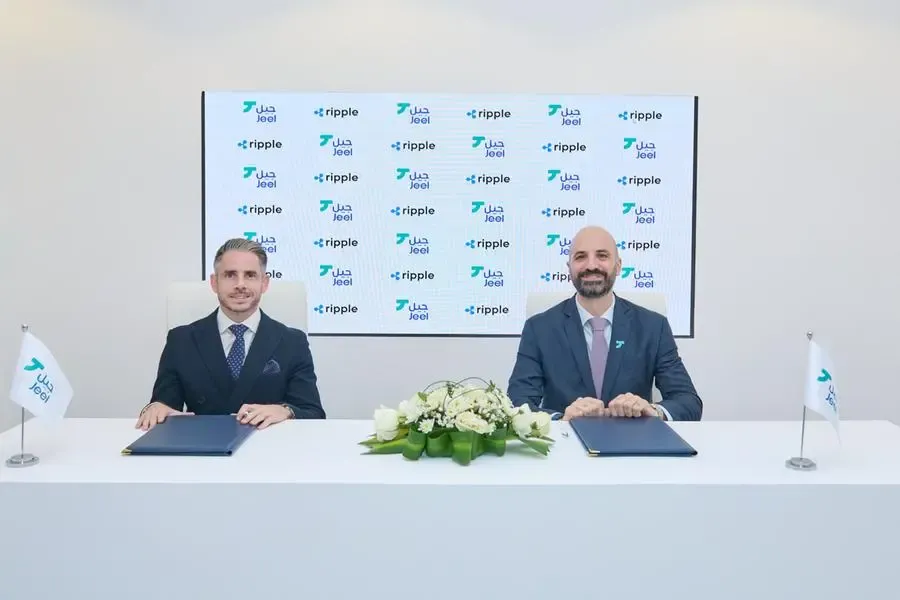 Elected in late 2023 on a wave of radical reform, President Milei now faces a mounting crisis of legitimacy. (Marco Iacobucci Epp/Shutterstock)
Elected in late 2023 on a wave of radical reform, President Milei now faces a mounting crisis of legitimacy. (Marco Iacobucci Epp/Shutterstock)According to government records, the Investigative Task Force—formally known as the Unidad de Tareas de Investigación (UTI)—was dissolved by a decree signed on May 19 by President Milei and Justice Minister Mariano Cúneo Libarona.
The disbanded task force was created earlier this year by Argentina’s Ministry of Justice to examine the rise and collapse of the Solana-based memecoin LIBRA, which had been heavily promoted through official and social media channels, including posts from President Milei himself.
The token, which launched in 2025, initially gained traction as a “pro-freedom” crypto asset aligned with Milei’s libertarian ideology. However, its rapid ascent to a $5 billion valuation and equally swift collapse in early 2025 triggered accusations of insider trading, market manipulation, and conflicts of interest within the highest levels of government.
The UTI’s closure was formalized in a Justice Ministry decree issued on May 19, which stated that the unit had fulfilled its purpose after submitting its findings to Argentina’s Public Prosecutor’s Office. However, critics argue the decision was premature, especially as no legal action or comprehensive public disclosures have followed.
Early findings from blockchain analysis firms suggest that more than 15,000 wallets suffered losses exceeding $1,000, with estimated total investor losses surpassing $250 million. These numbers starkly contrast President Milei’s public statements, in which he downplayed the damage, claiming that “only a handful of speculators were affected, most of them from abroad.”
Leaked internal messages and media reports have raised questions about the token’s creators boasting of close ties to the Milei administration, including his influential sister, Karina Milei, who serves as the General Secretary of the Presidency. One LIBRA co-founder allegedly claimed to have transferred funds to Karina Milei in connection with the token’s promotional efforts, a claim she has vehemently denied.
The situation escalated when UTI investigators began probing potential communications between LIBRA insiders and government officials during the token’s launch phase. The task force’s efforts were reportedly gaining traction before its abrupt dissolution.
The scandal is beginning to attract attention outside of Argentina’s borders. In March, a coalition of Argentine lawyers filed complaints with both the U.S. Department of Justice and the FBI, urging American authorities to investigate potential violations of U.S. financial laws. The LIBRA token was traded internationally, and its Solana-based infrastructure meant that many transactions involved U.S.-based exchanges and custodians.
The closure of the task force has raised widespread concerns about political interference in an ongoing criminal investigation,” noted legal observers in Argentina. “With findings just submitted to prosecutors, the timing of the shutdown has sparked fears of a cover-up and undermines confidence in the government’s commitment to transparency.
Analysts note that while Argentina’s crypto sector has historically operated in a grey regulatory space, the LIBRA affair may become a pivotal moment that shapes future policy. Calls for a formal congressional inquiry are gaining momentum, with several senators proposing the establishment of a bipartisan commission to independently review the token’s origin, promotional campaigns, and possible government entanglements.
President Milei, who came to power in late 2023 on a platform of radical economic reform and anti-establishment rhetoric, now faces a growing legitimacy crisis. While his libertarian supporters continue to back his stance on minimal government oversight, others see the LIBRA scandal as evidence of cronyism and a lack of institutional checks.
A recent poll by Zuban Córdoba found that 57.6% of Argentinians no longer trust President Milei following the LIBRA scandal, with many citing it as a key factor in their dissatisfaction. Analysts note a clear downward trend in public confidence over recent months.
As pressure mounts, attention now turns to Argentina’s judicial system. Will federal prosecutors act on the UTI’s findings? Will whistleblowers and victims be given a chance to testify? Or will the case quietly disappear from public view?
The LIBRA scandal, once dismissed by the Milei administration as “overblown FUD”, is fast becoming a defining test of Argentina’s rule of law. With investors burned, political credibility at stake, and global scrutiny rising, the consequences of this controversy are likely to reverberate far beyond the country’s borders.

Tether brings blockchain and gold together

UAE scales up Stargate AI data center investment

Jeel advances AI-driven banking across Saudi Arabia

Binance joins BBK to bring crypto into banking